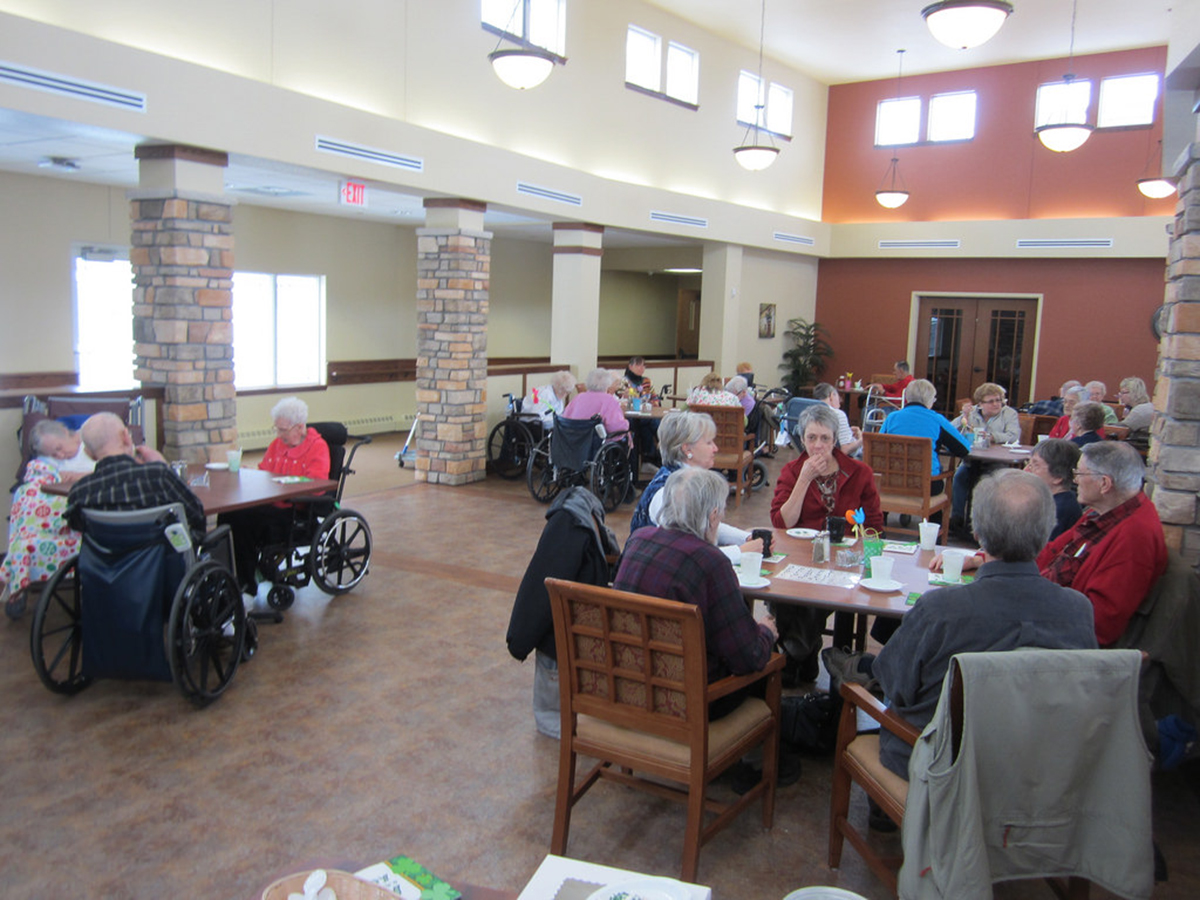Table of Contents
I spent the past two weeks as a resident in a nursing home. I'm a little young to be in senior care, but a few months ago I got a little knick on my foot. I had to wade through some sewage-infested flood waters after a rainstorm. The wound got seriously infected, I was in and out of the hospital for two months, and I was sent to the nursing home to recover. I was by far the youngest resident of the home, and I'm sixty.

This was no ordinary nursing home. Residents included a retired three-star general, a former member of Parliament, and a brain surgeon. All of us were on the same floor in a beautiful building and all of us received restaurant-quality food, anything we wanted from a menu with 50 items. Patients with Alzheimer's were put on a different floor with a very different daily regimen. However, even retired members of parliament and generals do what the nurse wants when there is even a hint they might be written up as suffering with Alzheimer's.
The New Threat Of An Alzheimer's Diagnosis
- No obvious signs of full-fledged dementia, with
- Continuing ability to carry out everyday activities, but with
- Objective evidence from a neurological exam or psychological test of changes in the ability to pay attention, or language skills, or eye-hand coordination, or "executive function," making good decisions, along with
- Expression of concern from a family member or a caregiver or the patient that something is wrong with mental function.
How The Threat Of A Pre-Alzheimer's Diagnosis Plays Out In A Nursing Home
- Pam Belluck, "New Guidelines Allow Earlier Diagnosis of Alzheimer's," New York Times, 19 April 2011.
- Photo courtesy of Pictures by Ann via Flickr: www.flickr.com/photos/picturesbyann/12456887264
- Photo courtesy of Pictures by Ann via Flickr: www.flickr.com/photos/picturesbyann/11219713804


Your thoughts on this